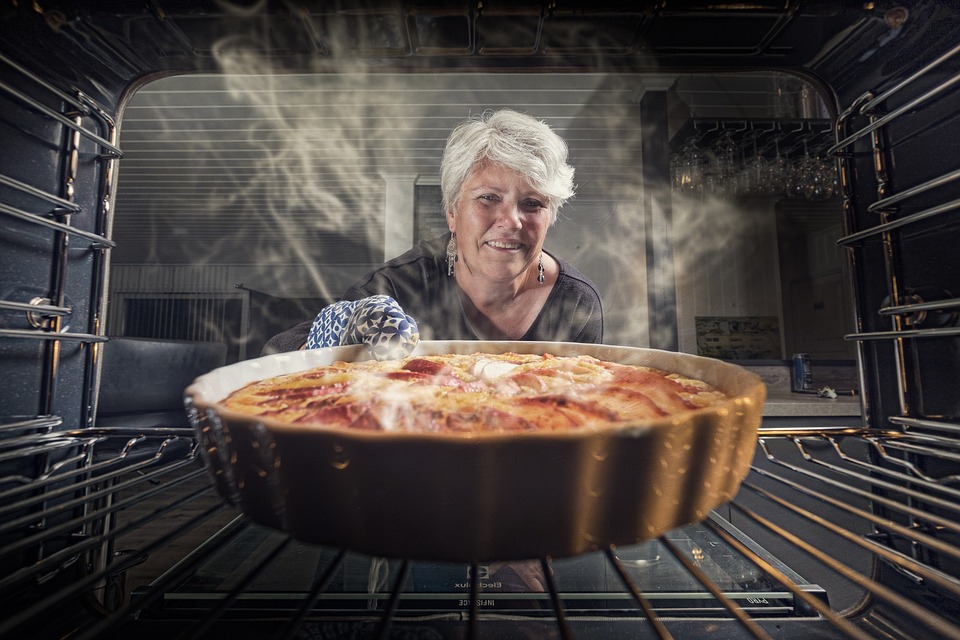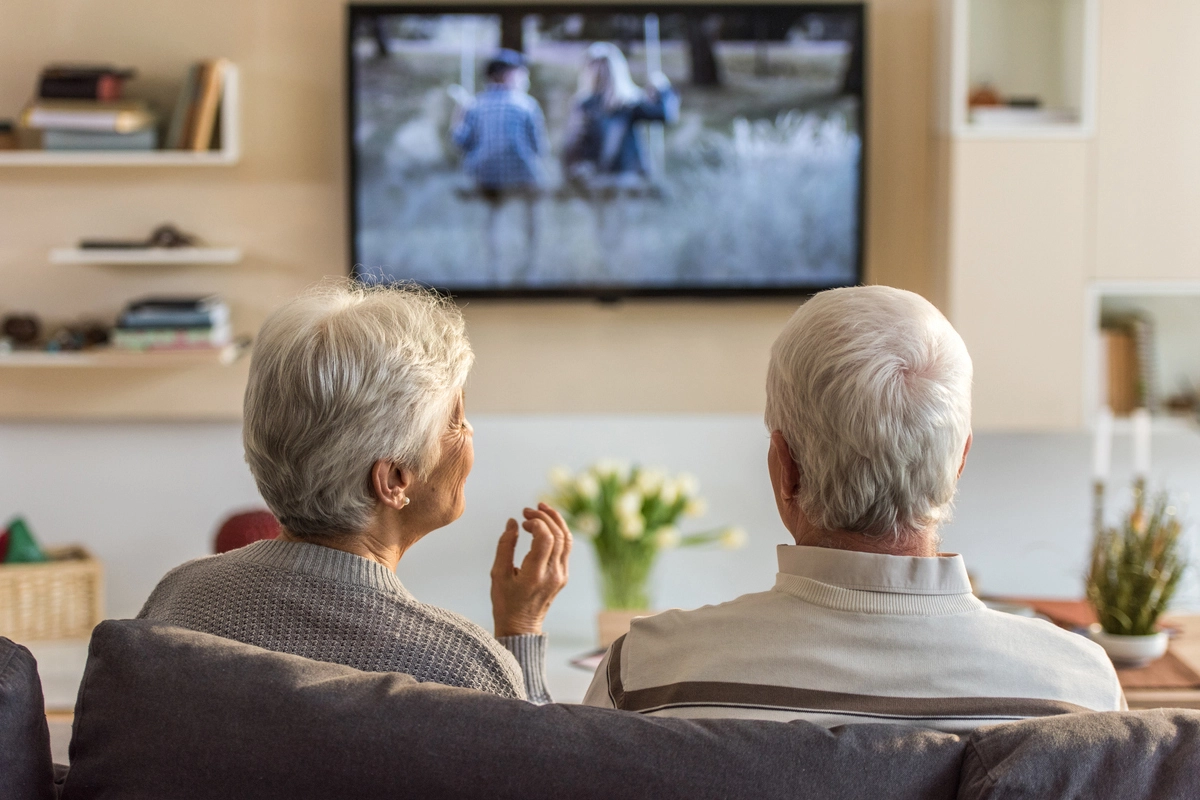Nowadays, the way we communicate has changed, and there are larger divides between generations which makes cross-generational communication challenging. In order to improve communication with the elderly, it is important to adapt to their style. This does not mean to fall into infantile communication, as we often appear to think that the elderly fall back into childhood. Let’s take a look at how to facilitate communication with older people.
Conversations with an older person may move at a different pace than you are used to or comfortable with. Don’t rush them, though. Allow yourself moments of silence, and be prepared to wait a few moments while they think about what they want to say.

To communicate effectively, we must adapt the message and how it is delivered so that the person we are talking to can understand. For example, we don’t talk to a child the same way we talk to a co-worker. When it comes to communicating with older people, many of us unconsciously tend to treat them as children or senile.
It is important not to communicate with older adults in a way that can be interpreted as being condescending, even if we wanted to facilitate the exchange by using simpler words or a different tone.
Far from this, the elderly hold onto their vocabulary very well, and they can catch up to modern parlance quite easily. It is important not to communicate with older adults in a way that can be interpreted as being condescending, even if we wanted to facilitate the exchange by using simpler words or a different tone. Healthy older adults have no difficulty understanding complicated words and concepts, so there is no need to oversimplify the conversation.
When communicating with seniors, it is unnecessary to speak loudly as if they were all deaf. Of course, ageing brings its own set of changes, and it is important to know what difficulties or disorders your interlocutor has to make communication easier. Please do not assume that they may have a particular disorder.
Communicating with older people having hearing difficulties does require speaking a little louder but trying to do so without shouting. It is also important to speak clearly, avoid speaking too quickly, and avoid murmuring.

When communicating with older people, avoid noisy environments; background noise affects older people like younger adults. It is important to face the person you are talking to as hearing-impaired people tend to lip-read.
If your interlocutor has a poor memory, it will be helpful to separate complex sentences into smaller ones when you have to communicate important information. Even an adult with no particular difficulty may forget your message if you jump from one subject to another.
Communicating with cognitively impaired seniors is often more complicated, but there are many strategies that you may want to adopt; you can carry research about this particular type of issue. Again, it’s important not to infantilize the conversation; older people with neurological diseases deserve the same respect as others.
Tips:
- Schedule more time for elderly patients to process what you are saying.
- Avoid distractions.
- Sit face to face.
- Maintain eye contact.
- Stick to one subject if they have poor memory.
Things to avoid:
- Getting angry or impatient.
- Asking questions involving recent memory for Alzheimer’s patients.
- Reasoning with an Alzheimer patient.
- Treating them like a child.
Communicating with older people around us requires sensitivity and respect. Many seniors have no particular problems maintaining a normal conversation. Others may suffer from certain disorders that require an adaptation of communication, yet this does not mean that they should be considered incapable. Communicating with the elderly is often very enriching, as they have a richer life experience. Let’s take advantage of this opportunity while respecting possible differences in mentality and opinions. Let us know in the comments if you think that communicating with the elderly may be difficult…







